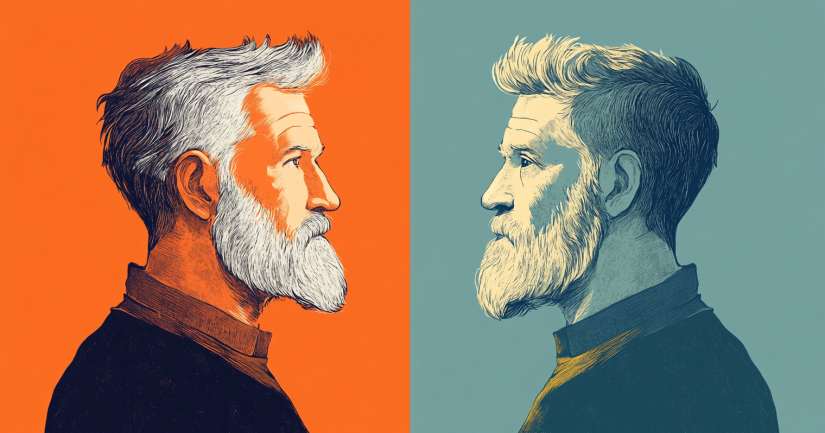
Degrees of Comparison of Adjectives Quiz, Test Your Grammar Skills. The Degrees of Comparison of Adjectives Quiz challenges your ability to use adjectives correctly when comparing people, places, or things. Mastering degrees of comparison improves sentence clarity, enhances descriptive writing, and ensures grammatically accurate communication.
Can you confidently choose between better and best, more beautiful and most beautiful? Do you know when to use faster versus fastest? This quiz offers an engaging way to test your grammar knowledge while refining your language skills.Take the Degrees of Comparison of Adjectives Quiz now and discover how well you understand these essential grammar forms. Challenge yourself, expand your knowledge, and become a more polished English user today!
What Are Degrees of Comparison?
Adjectives have three forms to show different levels of comparison: positive, comparative, and superlative.
Positive Degree:
The positive degree describes a noun without comparison. It expresses a basic quality.
Examples:
This book is interesting.
She is tall.
The sky looks beautiful.
Comparative Degree:
The comparative degree compares two people, places, or things. It usually ends in -er or includes more or less before the adjective.
Examples:
This book is more interesting than that one.
She is taller than her brother.
This road is less crowded than yesterday.
Superlative Degree:
The superlative degree compares three or more things, showing the highest or lowest degree of a quality. It usually ends in -est or includes most or least.
Examples:
This is the most interesting book I’ve read.
She is the tallest student in the class.
That was the least expensive option.
How to Form Degrees of Comparison:
- Short Adjectives (One Syllable):
Positive: tall → Comparative: taller → Superlative: tallest - Adjectives Ending in -y:
Positive: happy → Comparative: happier → Superlative: happiest - Long Adjectives (Two or More Syllables):
Positive: beautiful → Comparative: more beautiful → Superlative: most beautiful - Irregular Adjectives:
Positive: good → Comparative: better → Superlative: best
Positive: bad → Comparative: worse → Superlative: worst
Key Differences Between the Degrees:
Positive: Describes without comparison. (This car is fast.)
Comparative: Compares two things. (This car is faster than that one.)
Superlative: Compares three or more things. (This is the fastest car of all.)
Common Mistakes to Avoid:
1. Double Comparatives or Superlatives:
Incorrect: She is more taller than her sister.
Correct: She is taller than her sister.
2. Incorrect Form for Long Adjectives:
Incorrect: This is beautifuller than that.
Correct: This is more beautiful than that.
3. Misusing Irregular Forms:
Incorrect: He is gooder than me.
Correct: He is better than me.
Why This Quiz Matters for Writing and Speaking:
Using the correct degree of comparison improves sentence clarity, avoids awkward phrasing, and ensures precise communication. Proper adjective usage enhances both formal and casual writing.
Example:
Incorrect: Of the two books, this one is the best. (Use “better” for two items.)
Correct: Of the two books, this one is better.
How This Quiz Improves Your Grammar Skills:
The Degrees of Comparison of Adjectives Quiz tests your ability to identify and use adjectives accurately. Each question presents a sentence with a blank, asking you to choose the correct form. Detailed explanations follow each answer, reinforcing grammar rules and clarifying common mistakes.
By practicing regularly, you’ll improve descriptive writing, communicate more effectively, and avoid common errors in adjective usage.
